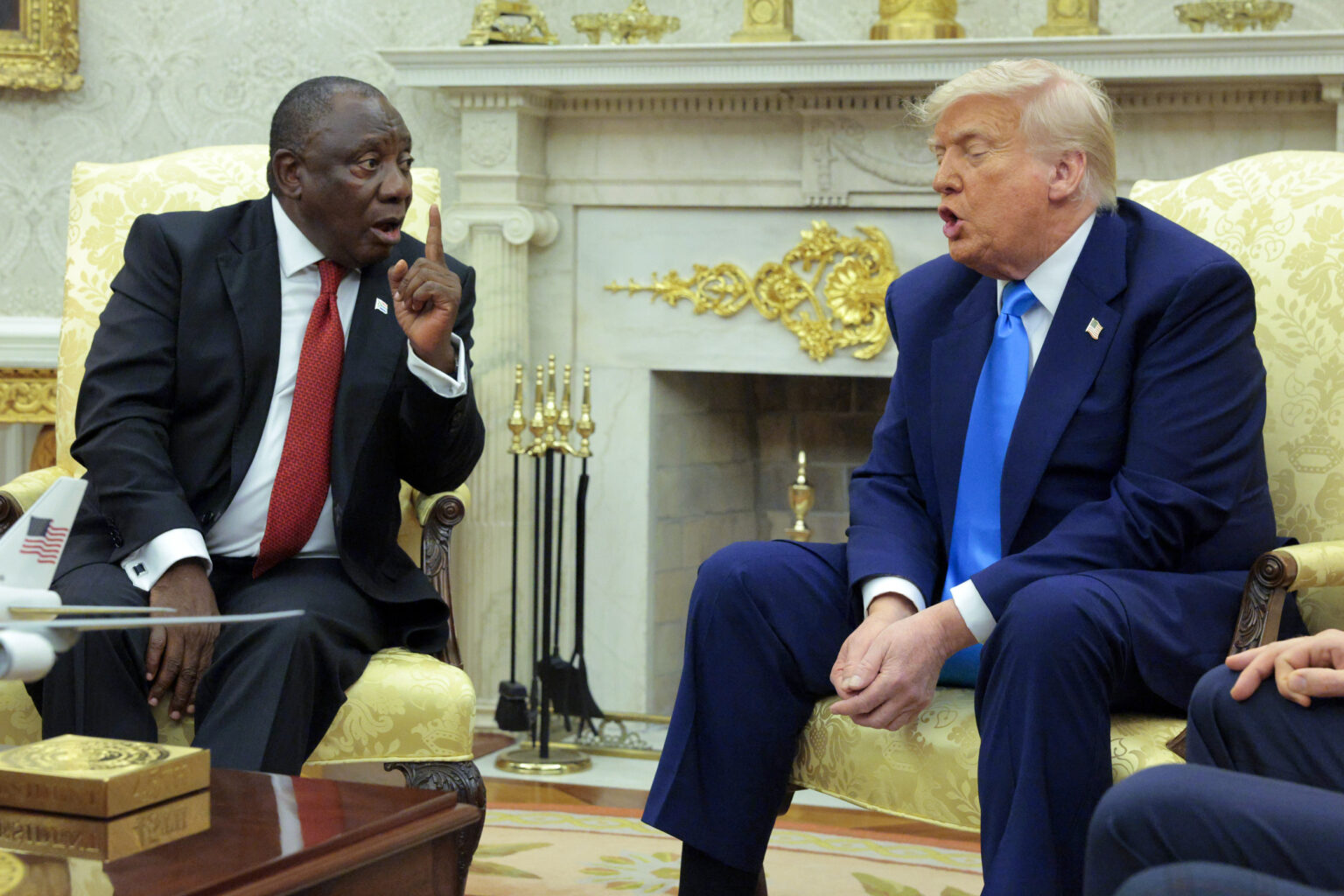Revised Travel Advisory and Diplomatic Tensions: South Africa in Focus
Understanding the Current Travel Alert Levels
The United States has recently revised its travel guidance for South Africa, issuing new warnings related to security concerns and tightening travel restrictions. While the country remains classified under a Level 2 advisory, the recent updates come amid rising geopolitical tensions between Washington and Pretoria.
Level 2 indicates that American travelers should exercise heightened caution, but travel is not outright discouraged. This level is considered moderate, with many nations in Africa falling into higher categories-such as Sudan and the Democratic Republic of Congo, which are under a Level 4 warning, advising Americans to avoid all travel.
Most southern African nations, including South Africa, are currently under a Level 2 alert, signaling the need for vigilance rather than avoidance.
The Significance of Updated Travel Warnings
The recent advisory update follows a controversial diplomatic encounter between U.S. President Donald Trump and South African President Cyril Ramaphosa. During their Oval Office meeting on May 21, 2025, Trump raised allegations of systemic violence against white farmers, citing incidents and videos he claimed supported a targeted campaign against them. Many of these claims have been discredited or lack substantiation.
President Ramaphosa responded firmly, emphasizing that South Africa’s land reform initiatives aim to rectify historical injustices and are not racially motivated. He also highlighted that violence affects all racial groups within the country, countering the narrative of targeted violence against white farmers.
Key Points of the New Travel Advisory
The updated guidance emphasizes the potential threat of terrorist activities in South Africa, although it does not specify which groups or types of violence are involved. The warning underscores an increased risk of violent crime, especially in urban centers after dark, urging travelers to avoid venturing outside city limits at night due to road hazards and the potential for criminal encounters.
U.S. government personnel working in South Africa are required to obtain special authorization before traveling to certain townships around Cape Town. When visiting these areas, fully armored vehicles are recommended, and trips should be scheduled during daylight hours to minimize risk.
Recent diplomatic strains have intensified, with the U.S. suspending aid, offering asylum to members of South Africa’s white minority, and expelling the South African ambassador following critical remarks about President Trump and the Oval Office meeting.
Reactions from South African Leadership
During the Oval Office discussion, President Ramaphosa addressed concerns about violence, stating, “Crime affects all South Africans, regardless of race. The majority of victims are black, and violence is a societal issue, not racially targeted.”
Implications for Future Relations
While the travel advisory level remains unchanged, the tone of the warnings suggests a more cautious and politically charged stance from the United States. The evolving diplomatic landscape raises questions about the future of U.S.-South Africa relations, with potential for either escalation or rapprochement depending on subsequent developments.
Additional Context and Current Statistics
South Africa continues to grapple with high crime rates, with recent statistics indicating over 20,000 murders reported annually, and violent crimes such as armed robberies and assaults remaining prevalent in major cities. The government has pledged to improve safety measures, but challenges persist, especially in impoverished townships and rural areas.
Meanwhile, international observers note that diplomatic tensions have impacted economic cooperation, tourism, and bilateral agreements, making cautious travel and diplomatic engagement more critical than ever.
Conclusion: Navigating a Complex Diplomatic Environment
The updated travel warnings reflect a broader shift in U.S. policy towards South Africa, emphasizing security concerns amid political disagreements. Travelers should stay informed about local conditions, heed official advisories, and exercise increased caution when visiting South Africa. The diplomatic climate remains fluid, and future developments could significantly influence both travel safety and international relations.

